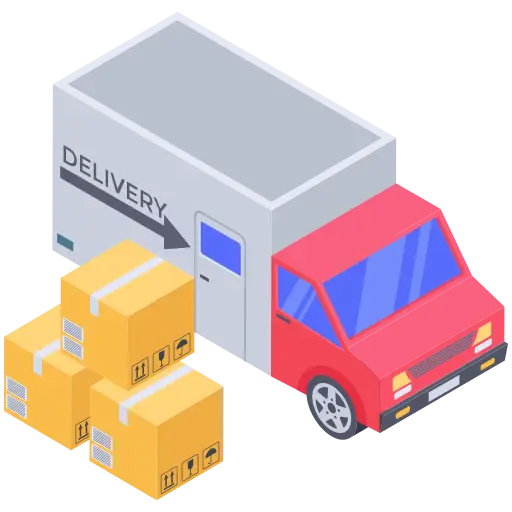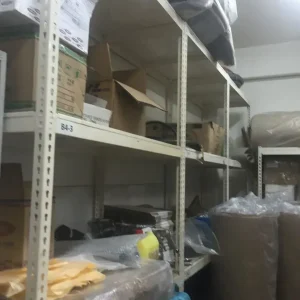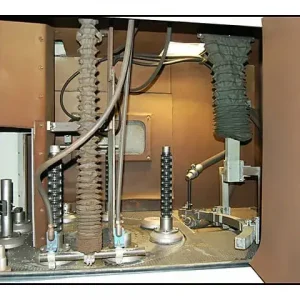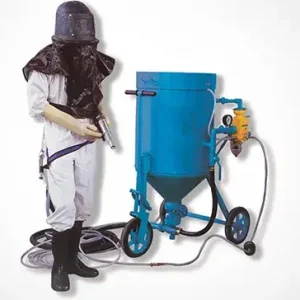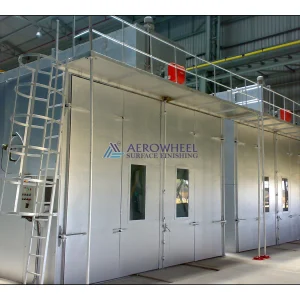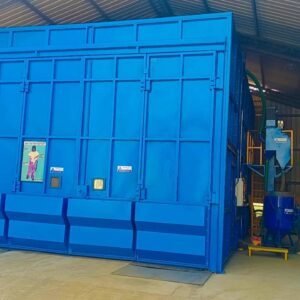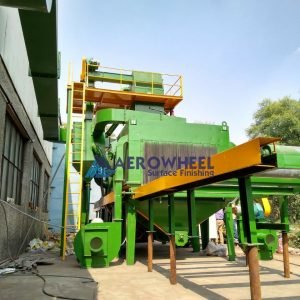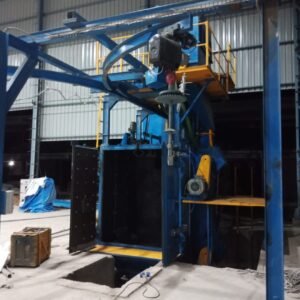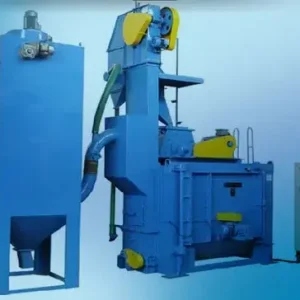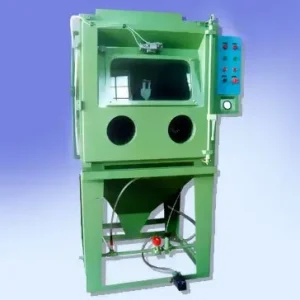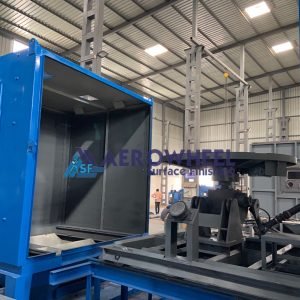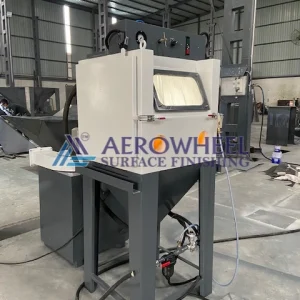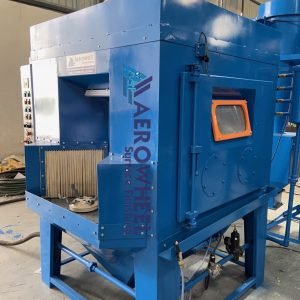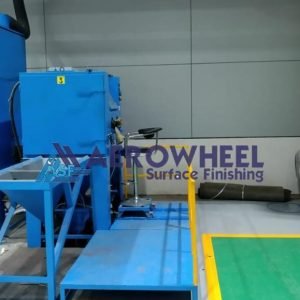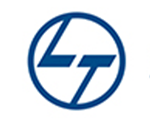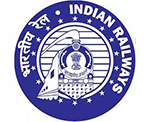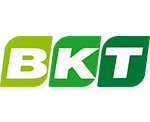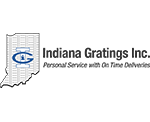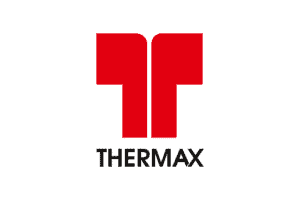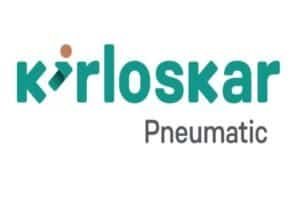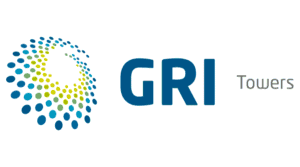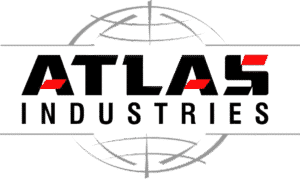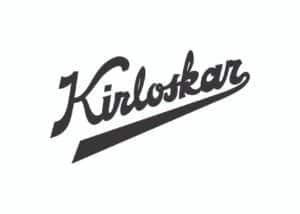When considering a blast room installation, one of the most common questions industrial owners ask is — “Is it really worth the investment?” The answer depends on how you measure return on investment (ROI). While the initial setup cost of a blast room may seem high, the long-term savings in efficiency, safety, and quality often outweigh the expense.
At Aerowheel Surface Finishing, we help our clients evaluate the financial and operational impact of installing a blast room, ensuring they make a data-driven decision that delivers measurable value.
1. Understanding the ROI of a Blast Room
ROI (Return on Investment) measures how much benefit or profit you gain compared to your total cost.
In a blast room setup, ROI comes from multiple sources:
- Lower abrasive consumption due to efficient recovery systems
- Reduced labor costs because of automation and cleaner workflow
- Increased productivity with consistent surface quality and faster turnaround
- Longer equipment life due to controlled blasting environments
- Compliance with safety and environmental standards, avoiding penalties
When combined, these factors deliver a steady financial and operational return over time.
2. Cost Components in Blast Room Investment
Before calculating ROI, it’s essential to understand the typical costs involved:
- Initial setup cost: Equipment, flooring system, dust collectors, ventilation, and control panels.
- Installation and commissioning: Skilled labor, calibration, and testing.
- Operating cost: Power consumption, abrasives, maintenance, and manpower.
- Maintenance and spares: Regular servicing, filters, nozzles, and replacement parts.
Each of these contributes to your total investment, which can be offset by operational savings.
3. Major Savings Factors That Boost ROI
a. Abrasive Recycling Efficiency
Modern blast rooms recover up to 95–98% of used abrasive, drastically reducing material expenses.
For instance, switching from open blasting to a closed-loop recovery system can cut abrasive costs by 40–60% annually.
b. Increased Productivity
With better visibility, airflow, and automation, a blast room can improve operator performance by up to 50% compared to open blasting. Faster cycle times mean more components processed in less time — increasing revenue potential.
c. Reduced Labor and Cleaning Costs
Automated systems require fewer workers for abrasive recovery and dust cleanup. Less manual handling also means reduced fatigue and higher output per shift.
d. Improved Surface Quality
Consistent pressure and clean abrasive flow result in uniform surface finishes, reducing rework and coating failures. This directly improves product quality and customer satisfaction.
e. Extended Equipment and Coating Life
Controlled environments prevent abrasive overuse and protect machinery from unnecessary wear. In addition, surfaces prepared in a blast room hold coatings longer — minimizing future maintenance costs.
4. Estimating ROI Example
Let’s consider a simplified example:
Which Industries Use Shot Blasting the Most?
Portable vs Fixed Sand Blasting Machines: Which One Do You Need?
What is a Blast Room System? How It Works & Where It's Used
| Parameter | Open Blasting | Blast Room Setup |
|---|---|---|
| Abrasive cost per year | ₹8,00,000 | ₹3,00,000 |
| Labor cost per year | ₹6,00,000 | ₹3,50,000 |
| Downtime loss per year | ₹2,00,000 | ₹50,000 |
| Maintenance cost per year | ₹1,50,000 | ₹75,000 |
Total Annual Savings: ₹9,75,000
If the blast room investment is ₹25,00,000, the payback period is just 2.5 years, after which the system starts generating pure profit.
5. Non-Monetary Returns
Apart from financial benefits, a blast room adds significant non-tangible value:
- Better worker safety and comfort
- Environmental compliance and cleaner workspace
- Enhanced brand reputation through quality and sustainability
These indirect returns make a strong case for long-term investment.
6. Aerowheel’s Approach to Maximizing ROI
At Aerowheel Surface Finishing, we design blast rooms with a focus on operational efficiency, durability, and cost optimization. Our systems feature:
- High-efficiency abrasive recovery
- Low-maintenance ventilation and dust collectors
- Energy-efficient motors and control systems
- Custom layouts based on production flow
These innovations ensure a faster ROI and long-lasting performance.
Conclusion
A blast room is not an expense — it’s an investment in productivity, quality, and sustainability. With proper design, maintenance, and operation, the system pays for itself within a few years and continues to deliver returns for decades.
Partner with Aerowheel Surface Finishing to calculate your project-specific ROI and discover how a customized blast room can transform your surface preparation process.

